I was lucky to become a Head after relatively little experience, at 40, in the Labour building-boom years and rebuilt first one school and then another. When that was done, we’d got the outstanding badge and I’d decided not to be a National Leader of Education, for which you got an embossed notebook and went about advising poor souls deemed in need of it - my potential referee said ‘Don’t do it. You’d hate it.’ - I wondered what to do next. A friend once asked me what my ambitions were and I said I’d like a go at one of those big London schools.
So I applied for a job in the centre of town I didn’t get. The Chair and I had a long longlist interview after which they decided that my last school wasn’t impressive enough and I decided they didn’t know a damn thing about life outside London. Tallis had been advertised for the second time and I pushed in an application just ahead of the deadline. I manufactured an excuse to come to London and came for a poke about one Friday afternoon. I fell in love with the place as I walked through the door, just the feel of it. This is interesting, I thought. This is different.
Which is just as well because the paperwork was deranged. Half of it was the technical language of raising achievement – ‘relentless’, ‘laser-sharp’ - and half of it a paeon to creativity. The documents told one story, the website another. On holiday in Orkney I wrote a 20-point development plan, then came for two days of interviews. I was offered the job on the train between Doncaster and York on the way home. Everyone in Durham thought I was the deranged one – why leave Durham Johnston and a house with a view of the World Heritage Site? Why? Because somewhere in that paperwork was the phrase ‘to understand the world and change it for the better’. Who wouldn’t want to work with people who thought that?
So thank you to all those of you who were here at the time who made me so welcome.
Thank you to the LG survivors from then and for the great people who joined it subsequently. I’m very proud of the former members who are now Heads themselves, of course, as well as the one who’ve stayed. The current team are the strongest I’ve ever known; expert, clever, efficient and humane. An especial thanks to my redoubtable PA, whose organisational standards are unequalled. As she once said to a hapless colleague ‘only German standards in this office’. Quite so. We’ve had a great time together.
Thank you to the LA team under whom I’ve been glad to serve and whom I respect enormously for their openness, honesty and collaboration – but I remember when support came in a different form. It was probably 2015 when the former Chair and I were summoned to account. At one point he passed me a note saying ‘I’m going to jump out of the window’. It was the only sensible response.
Thank you to governors old and new, especially the Chairs. I’ve never met such a strong board: seriously impressive public servants themselves. The (national) Framework for Ethical Leadership in Education wouldn’t exist without you.
Thank you to the Greenwich Community Schools Partnership, originally formed when it looked like we’d all have to become academies. Lifeboats need maintaining.
When I arrived I wanted to make this school the best it could be, not to change it into someone else’s idea of a good school. We do that individuality pretty well and we are successful. Staff stay, parents fight to get in and post-16 is so big you can see it from space. The building is beautiful, the children are happy and the staff interesting, committed and scholarly. The curriculum is broad and balanced in the best old-fashioned sense, based on powerful knowledge, strong teaching skills, signature pedagogy, threshold concepts and proper cultural capital (which, like powerful knowledge is much misunderstood. Don’t let anyone tell you it’s teaching to the test.) Our systems are good: the place runs itself with time for staff to deal with the serious, rather than the trivial. Most of all, there’s a place for the awkward or unwieldy child and the one who’s - within reason - trying it on during adolescence. We weren’t all perfect at school ourselves, remember.
So thank you to the teachers and support staff. Thank you to everyone who makes it possible to hear the Rolls Royce purr of an experts’ classroom every lesson in our mighty buildings. Thank you to those of you who hold the Tallis flame and bear it high.
However, there is much still to do. Although it’s hard to meet a narrow metric squarely when you’re trying to change the world, we all have a duty to try and, at the very least, we want all of our children to have valid individual passports to adult life. Tallis remains a work in progress.
Someone asked me this week how I kept going, and finding new things to do. I usually says it’s because of my tragically short attention span, but there is a serious answer. If you believe, as I do, that comprehensive schools are a vision every bit as vital as the NHS, central to this country’s future and a model for a better world you have to keep going when the principle is being nibbled at – if not attacked. We cannot take anything we believe in for granted, not the broad and balanced curriculum that enables every young person to make sense of their lives, not the inclusivity which educates every child from the local community, not the adult behaviour that gives a strong role model to the young. We need to guard it all. We might have finally got a government that’s not likely to repeal the Human Rights Act on a whim, but we cannot relax. We are children’s advocates and representatives. We speak on their behalf and we have a duty to them from which we will never be relieved.
My thinking was formed by liberal Christianity, which has its advantages. It gives you a broader frame of reference and an entirely sceptical view of all kinds of narrow and simple answers. It forces you to consider love and hope. It enables you to look coolly at panic and demand and think about the long-term potential for good. All of us must sustain our own reasoning and resist becoming drones in a clone-y education future. Take nothing on trust without thinking it through. If something’s right, do it anyway. If it’s not, don’t. For me, in the end, it was never been between me and the LA, or me and Ofsted, or me and the Department for Education. What I’ve done I’ve done anyway, because I thought it was right.
That’s not to say I might be wrong, or I couldn’t have done better in so many ways. I’ve often described myself as inadequate with outstanding features but I found in Tallis a school that needed me, and I’ve had the time of my life. Haven’t we had fun?
So thank you to everyone involved in Tallis here now and over the eleven years. And in particular, to my dear husband whose own organisational skills have kept me going for 23 years of headship.
I’m sorry to leave but its time to go. Keep on modelling that better world and, for the love of God, change it for the better.
As ever
CR
18.7.24






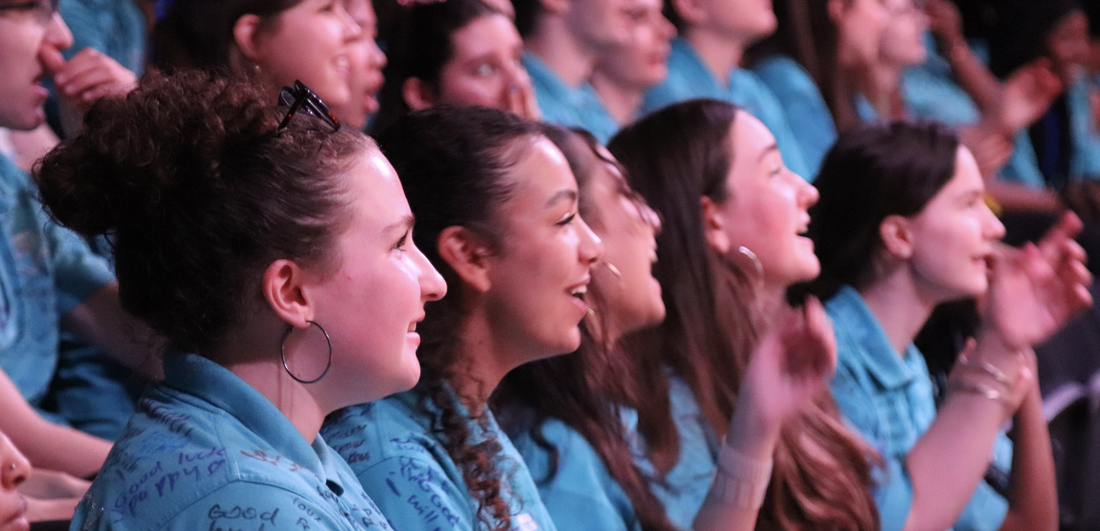


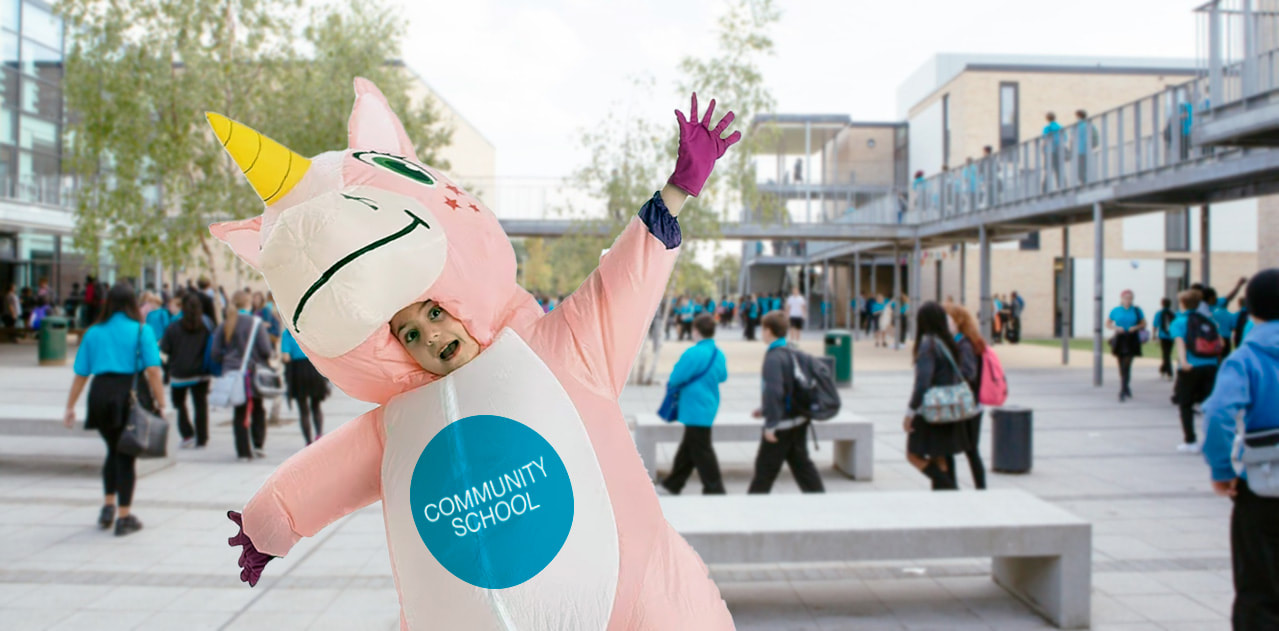
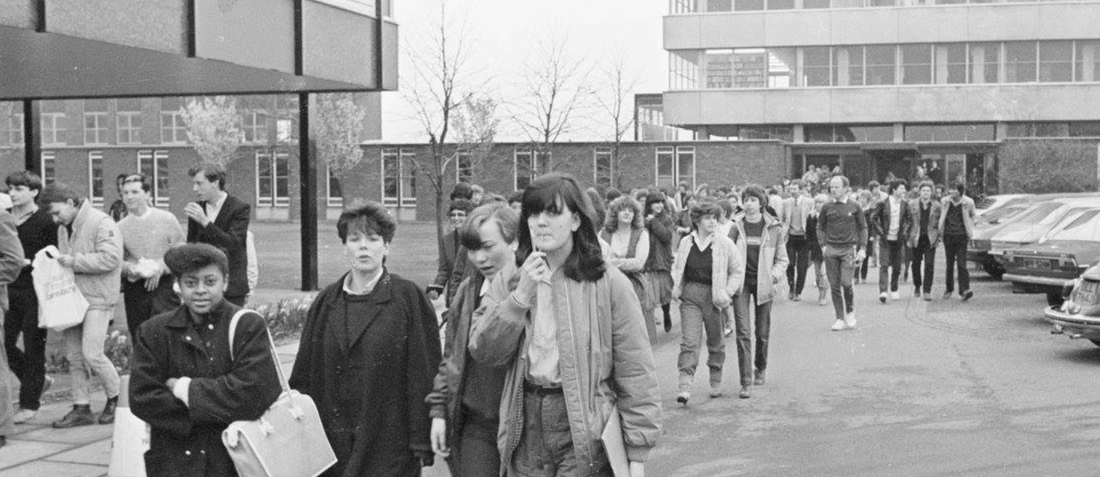



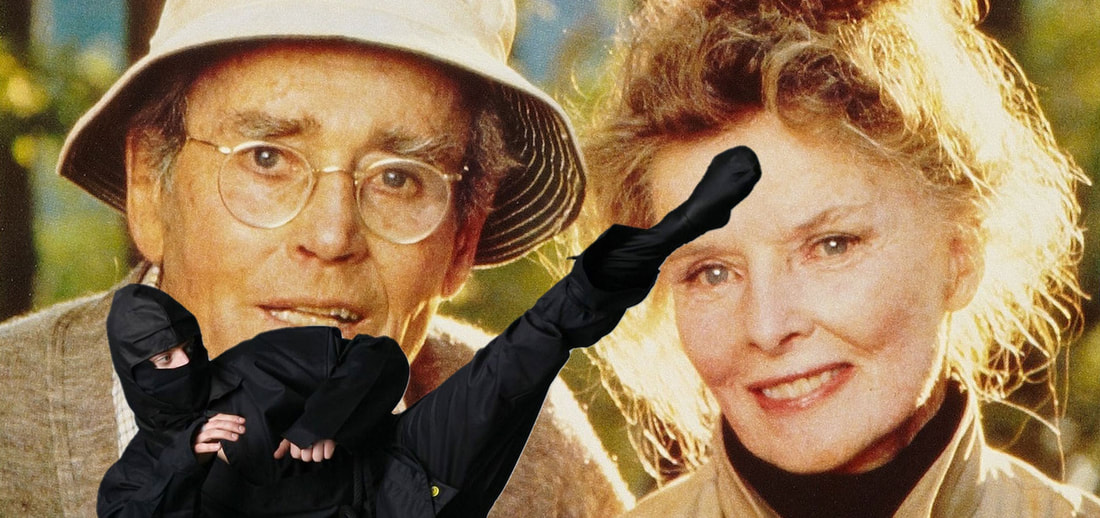

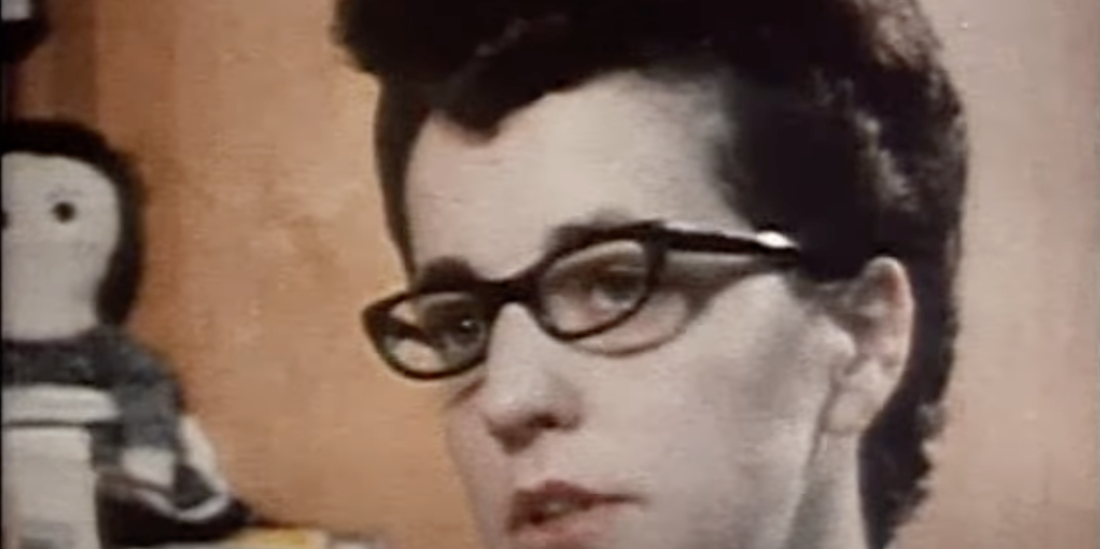



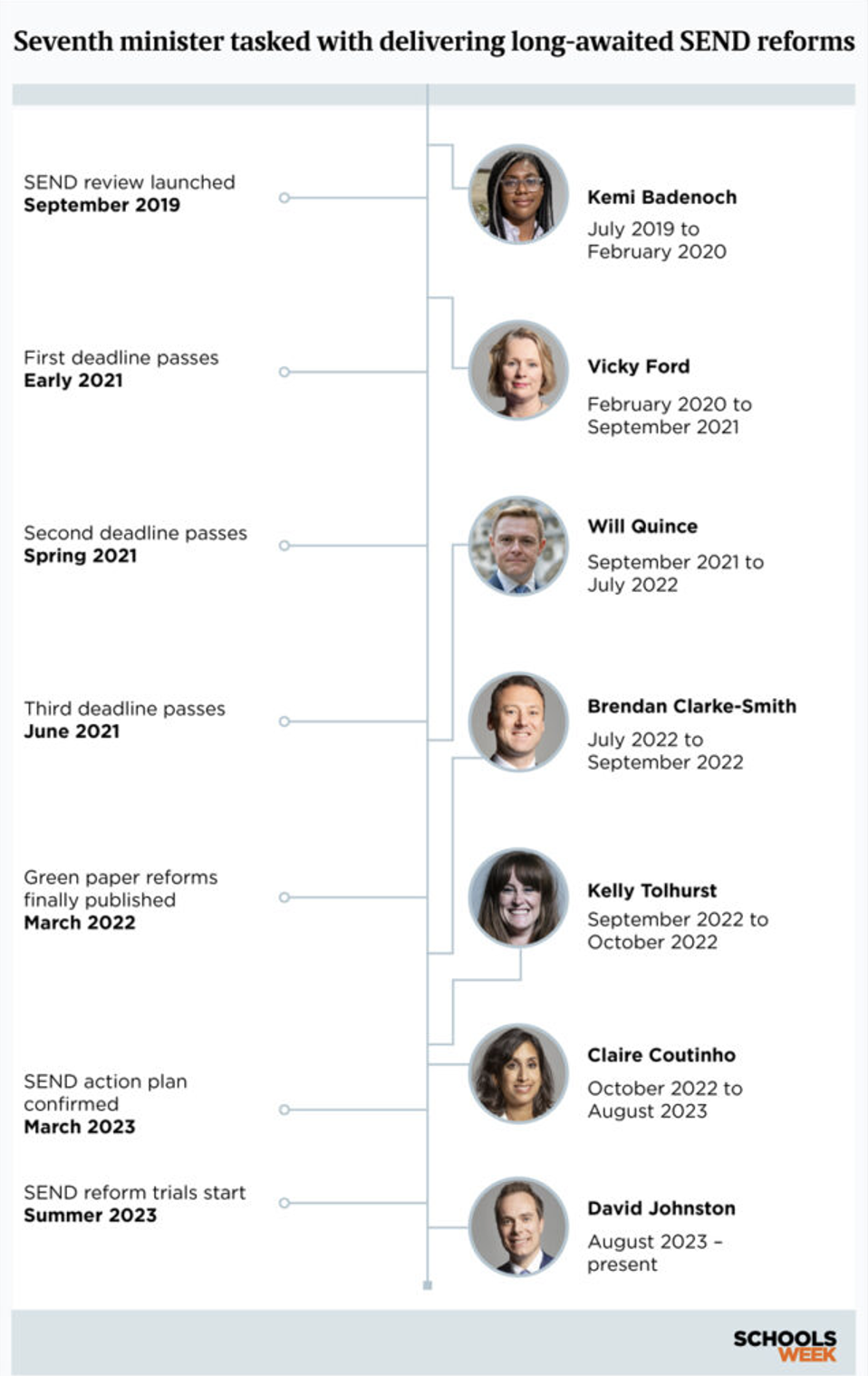

 RSS Feed
RSS Feed